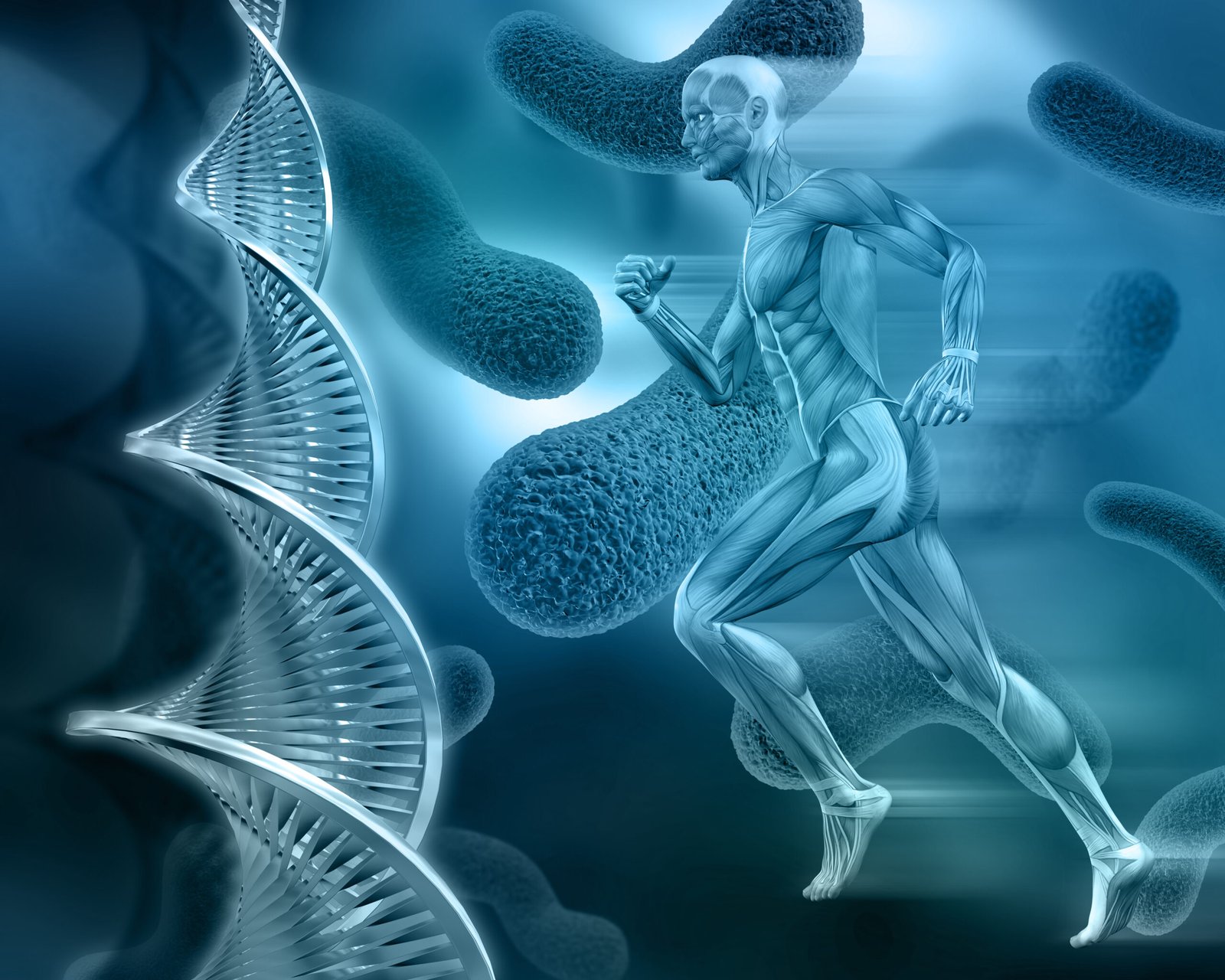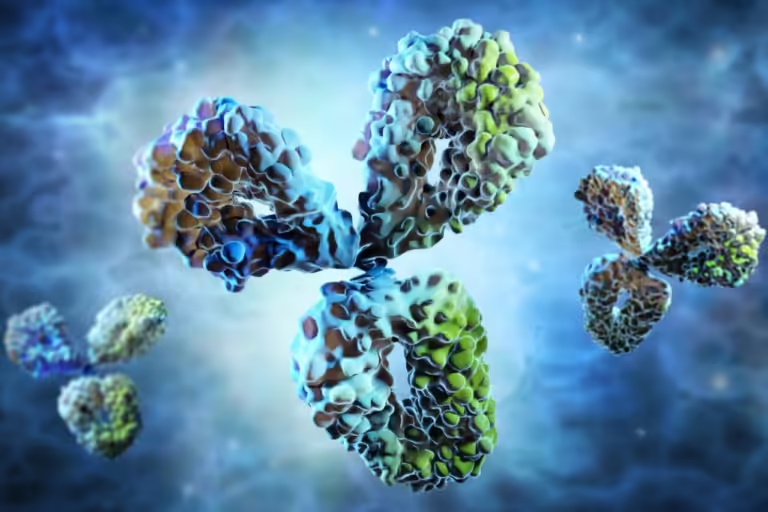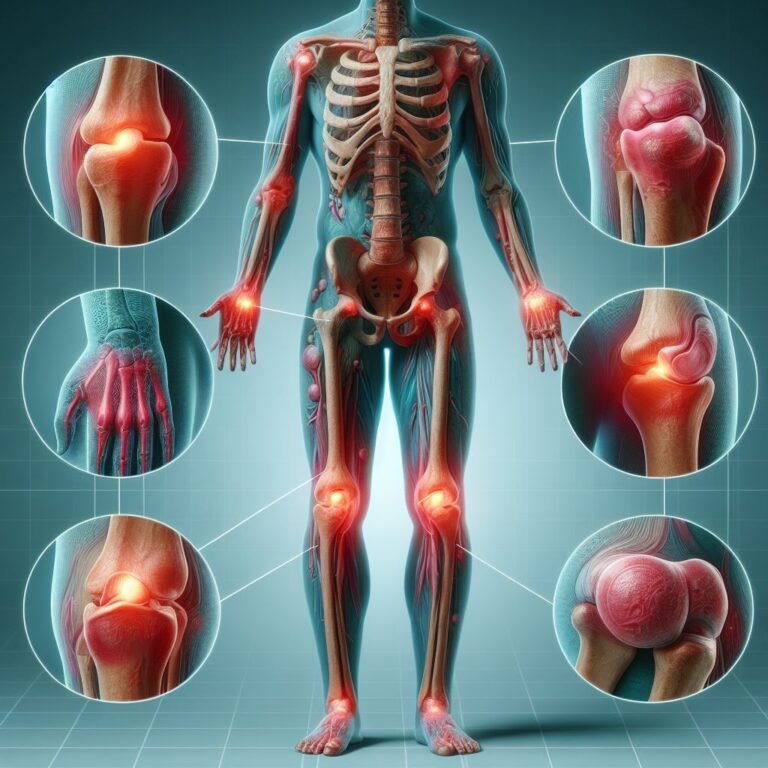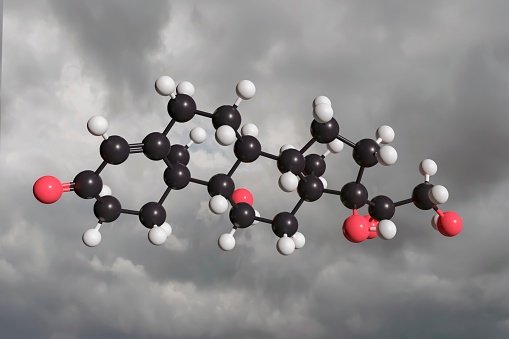Understanding Free Testosterone: A Vital Hormone for Health and Well-being
Testosterone is a key hormone in the human body, playing a crucial role in various physiological functions. While total testosterone levels are commonly measured, understanding the concept of free testosterone is equally important for a comprehensive assessment of an individual’s hormonal status.
What is Free Testosterone?
Free testosterone refers to the portion of testosterone that is not bound to proteins in the blood. Testosterone typically circulates in the bloodstream in two forms: bound and free. Bound testosterone is attached to proteins, primarily albumin and sex hormone-binding globulin (SHBG). Free testosterone, on the other hand, is not bound to any proteins and is readily available for use by the body’s cells.
Significance of free testosterone:
Biological Activity: Free testosterone is the active form of the hormone that can interact with cells and tissues to exert its effects. It is the fraction of testosterone that is responsible for various physiological functions, including the development of male secondary sexual characteristics, muscle mass maintenance, and bone density.
Libido and Sexual Function: Adequate levels of free testosterone are associated with healthy sexual function and libido in both men and women. It plays a role in maintaining sexual desire and overall reproductive health.
Energy and Mood: Testosterone, including its free form, can influence energy levels and mood. Low levels of testosterone may contribute to fatigue, irritability, and a decrease in overall well-being.
Muscle Mass and Bone Density: Free testosterone contributes to the maintenance of muscle mass and bone density. Adequate levels are essential for overall musculoskeletal health.
Testing and Interpretation: Measuring free testosterone levels is typically done through a blood test. The results are often assessed in conjunction with total testosterone levels to provide a more comprehensive understanding of hormonal status. Factors such as age, sex, and overall health should be considered when interpreting these results.
Factor Influencing Free Testosterone Levels:
Age: Testosterone levels, including free testosterone, tend to decline with age, especially in males. This decline is a natural part of the aging process.
Health Condition: Certain medical conditions, such as hypogonadism, diabetes, and obesity, can impact testosterone levels. Addressing underlying health issues is crucial for maintaining hormonal balance.
Lifestyle Factors: Diet, exercise, and sleep patterns can influence testosterone levels. A healthy lifestyle, including regular physical activity and a balanced diet, is important for hormonal well-being.
Conclusion:
Understanding the role of free testosterone is essential for assessing overall hormonal health. While total testosterone levels provide valuable information, considering the free form offers a more nuanced perspective on the hormone’s biological activity. Maintaining optimal levels of free testosterone through a healthy lifestyle and, when necessary, medical intervention, is crucial for overall well-being.
As with any health-related concerns, individuals should consult with healthcare professionals for personalized advice and guidance.







